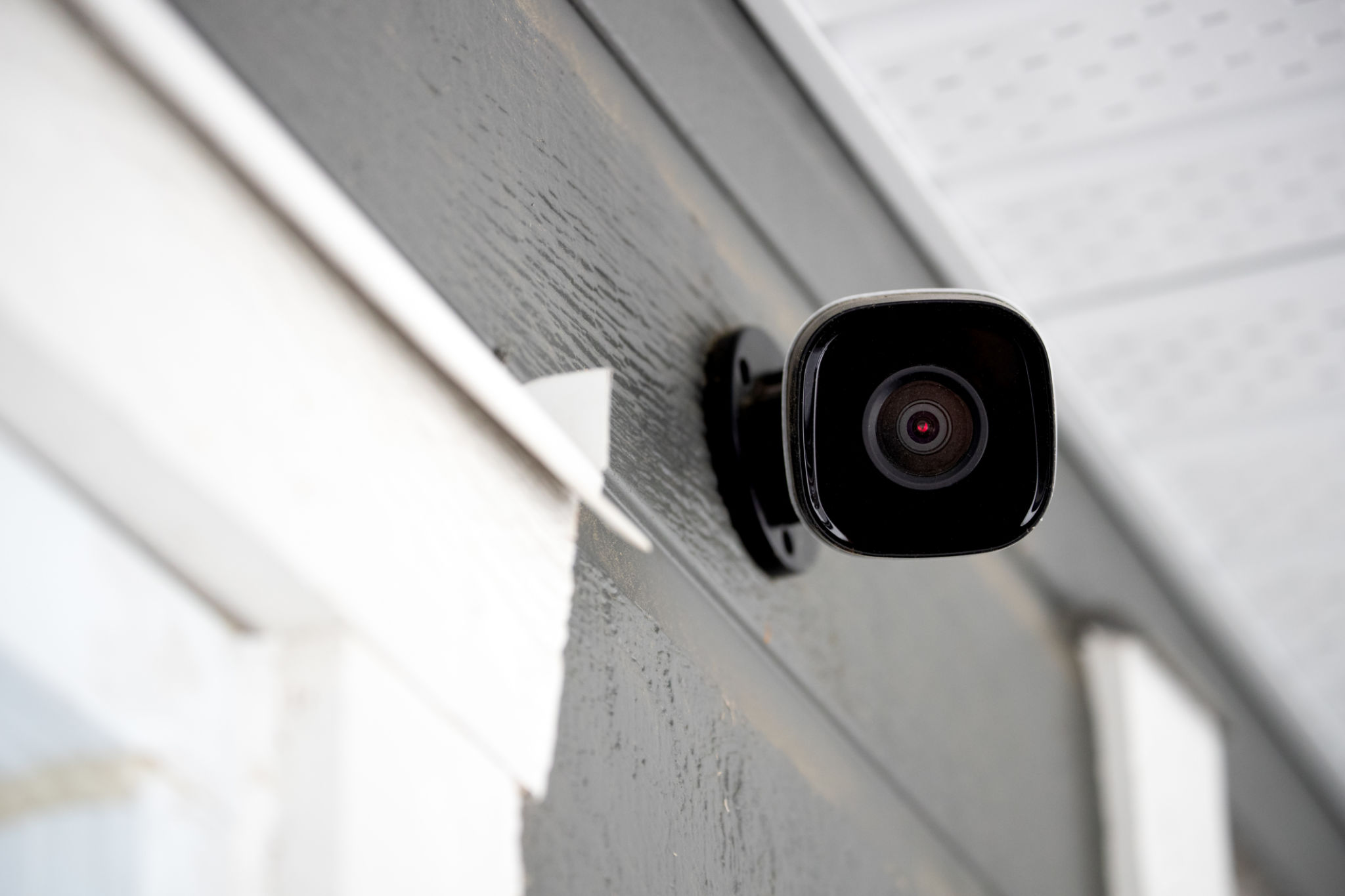Comparing Wired vs. Wireless Security Systems for Atlanta Residences
Understanding Security Systems: Wired vs. Wireless
When it comes to securing your Atlanta residence, choosing between wired and wireless security systems can be a crucial decision. Both options have their own advantages and limitations, making it essential to understand which system aligns better with your needs.
Wired security systems are known for their reliability and consistent performance. These systems are connected through physical wires, ensuring stable communication between components. On the other hand, wireless systems utilize radio frequencies or internet connections to function, offering flexibility and ease of installation.

The Advantages of Wired Security Systems
Wired systems are often preferred for their robust and dependable nature. Since they are not reliant on wireless signals, they are less susceptible to interference from other devices or network outages. This makes them an excellent choice for homeowners who prioritize consistent performance over flexibility.
Another significant advantage is that wired systems are typically not affected by range limitations. This allows for comprehensive coverage across larger properties without the risk of signal drop-offs. Furthermore, wired systems often integrate seamlessly with existing infrastructure, making them a viable option for new builds or major renovations.
Installation and Maintenance
However, the installation process for wired systems can be more complex and time-consuming. It usually requires professional assistance to run cables through walls, which can lead to higher upfront costs. Despite this, many homeowners find the long-term reliability worth the initial investment.

The Benefits of Wireless Security Systems
Wireless security systems have gained popularity due to their ease of installation and flexibility. These systems are ideal for renters or those who may move houses, as they can be easily relocated without the need for extensive rewiring. Additionally, wireless systems often support smart home integration, allowing for remote monitoring and control via smartphones or other devices.
Another advantage is the scalability of wireless systems. Homeowners can easily add new components as needed without worrying about extensive wiring. This makes them an attractive option for those planning gradual upgrades to their home security over time.
Potential Limitations
One potential drawback of wireless systems is their dependence on network signals, which can occasionally lead to connectivity issues. Additionally, they may require regular battery replacements for sensors and cameras, which could be seen as a maintenance drawback.

Making the Right Choice for Your Home
Ultimately, the decision between wired and wireless security systems hinges on your specific needs and circumstances. Consider factors such as your property's size, your long-term residency plans, and your preferences for smart home features. Consulting with a professional security advisor can also provide valuable insights tailored to your Atlanta residence.
Whether you choose a wired or wireless system, both options offer robust security solutions designed to protect your home and family effectively. By understanding the pros and cons of each, you can make an informed decision that best suits your lifestyle and safety requirements.